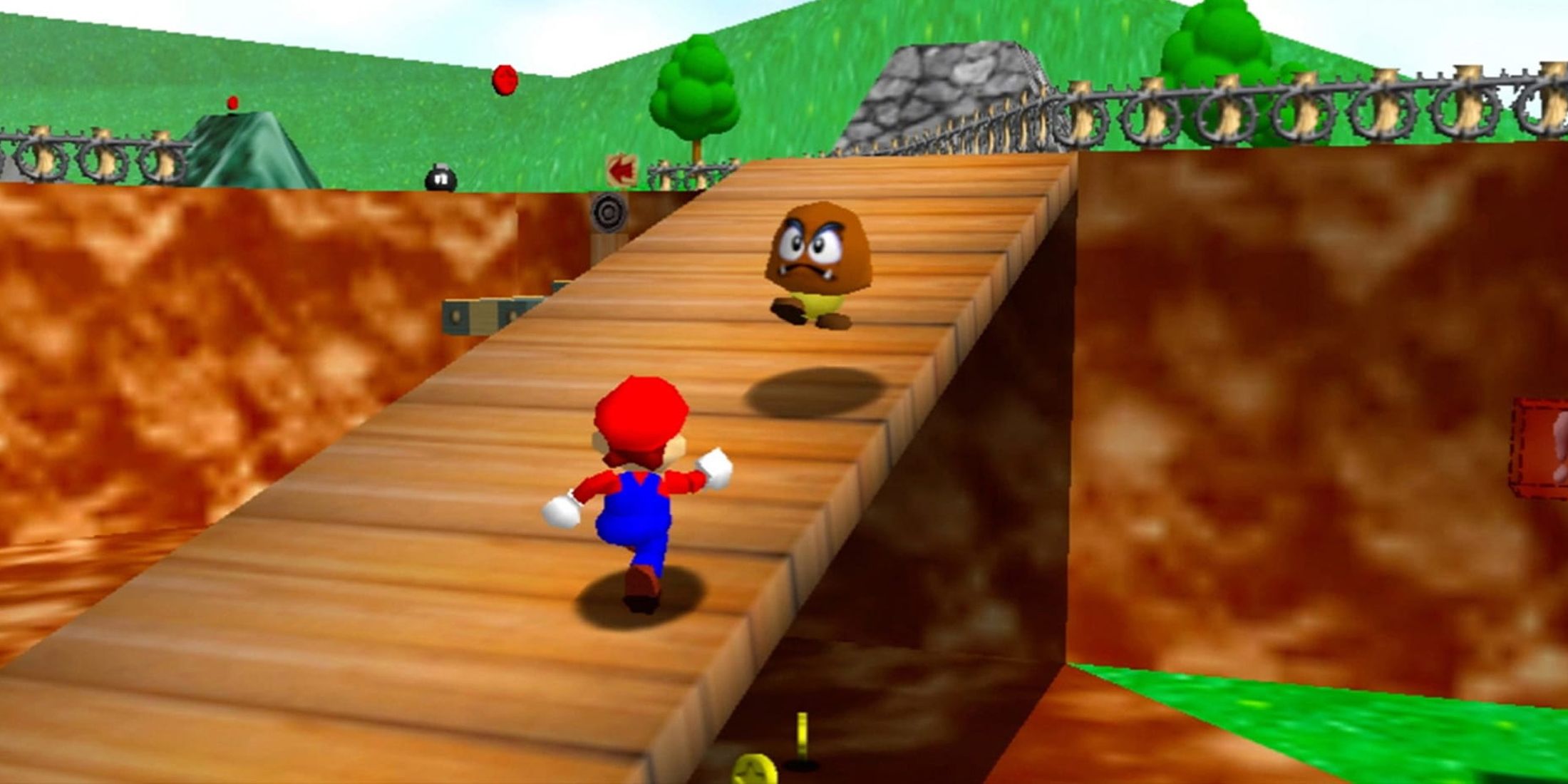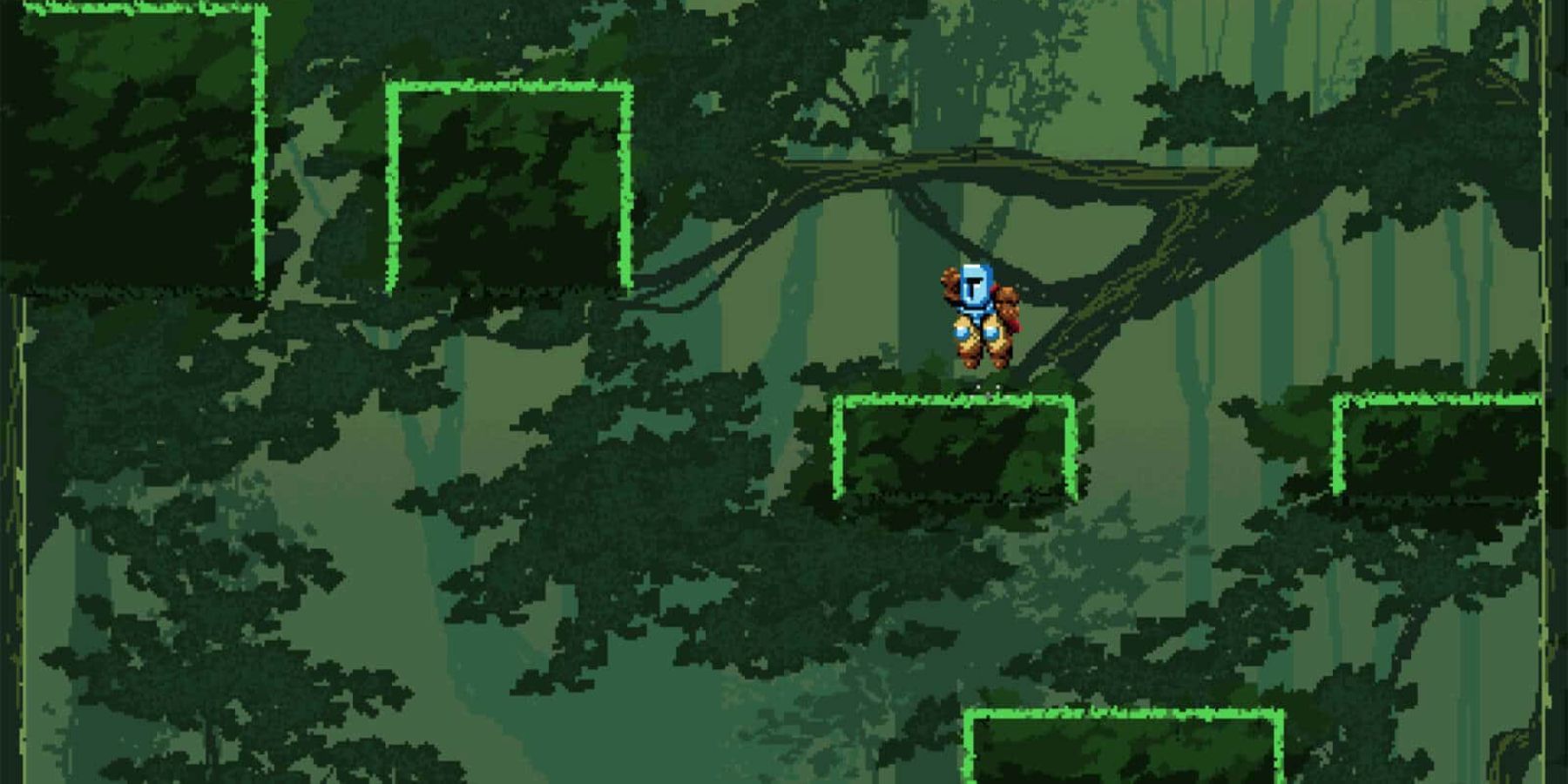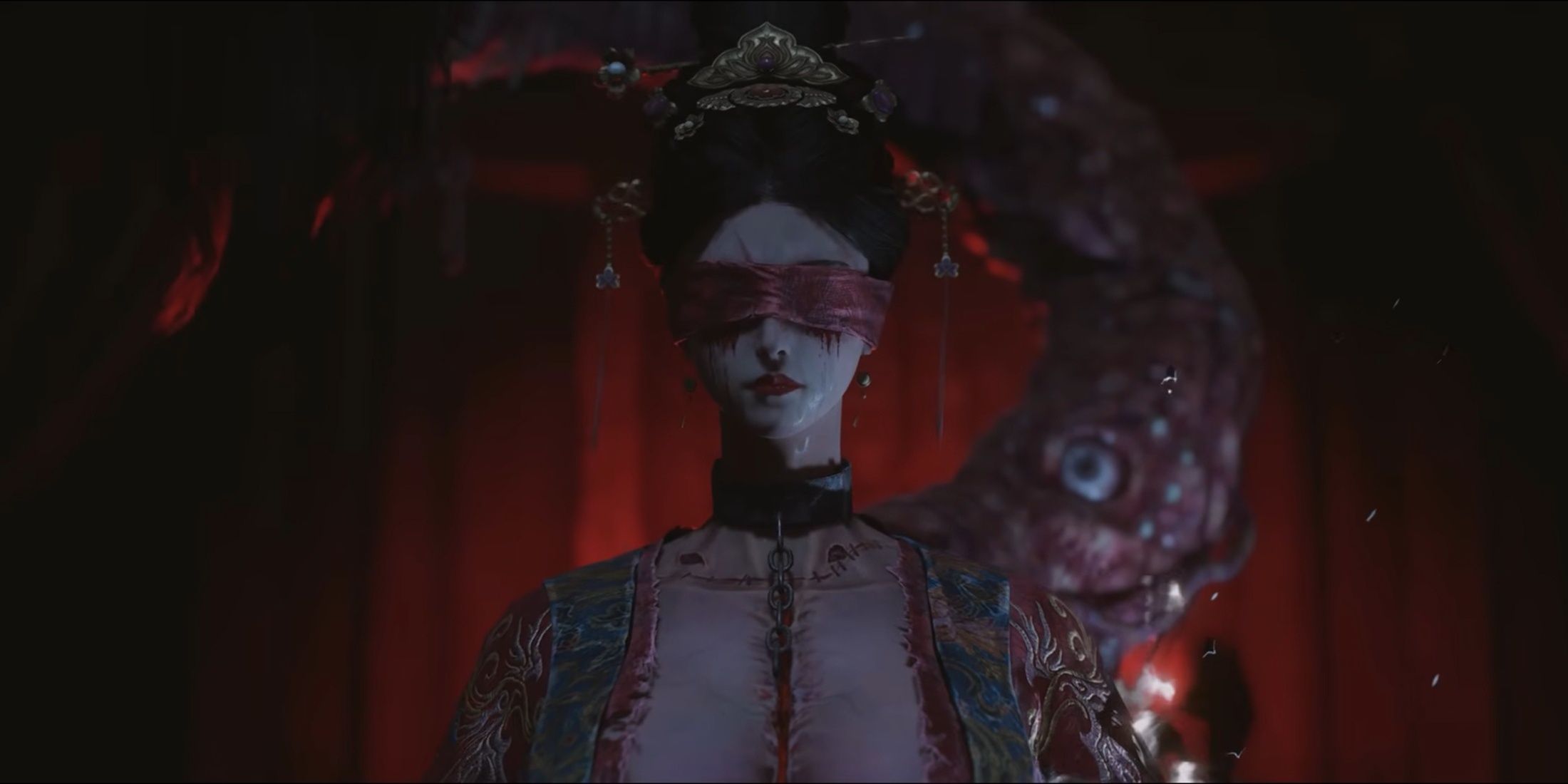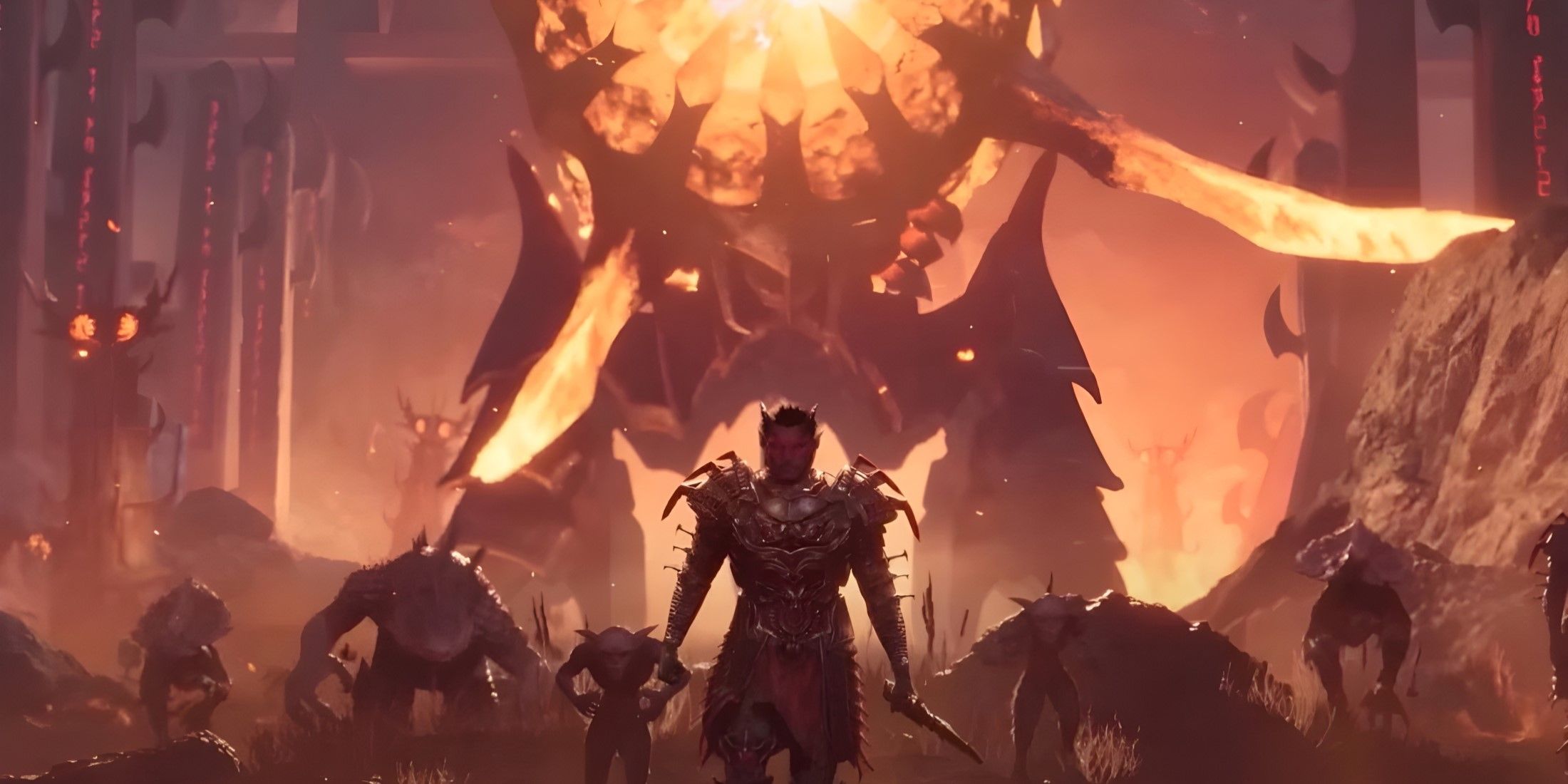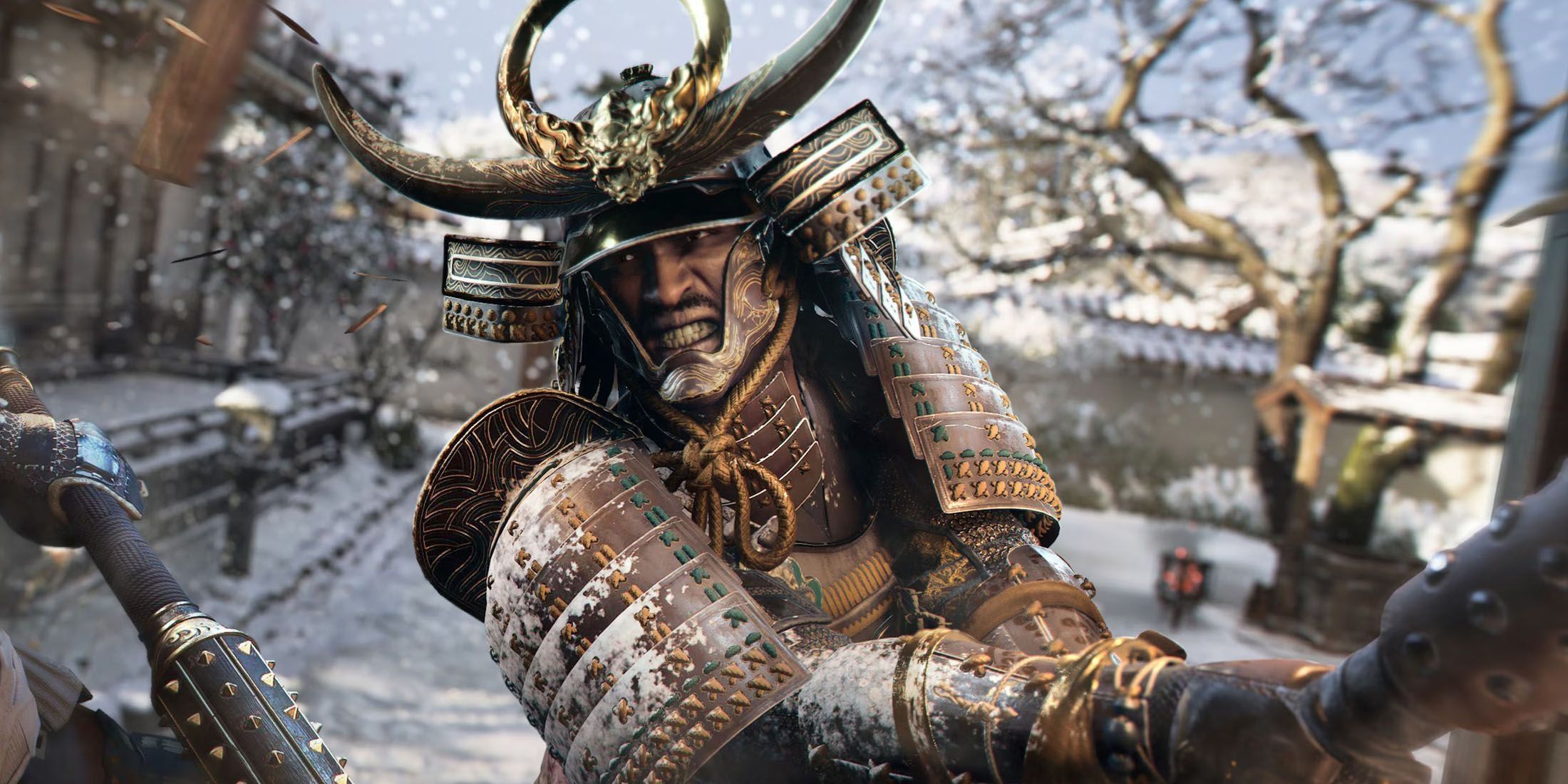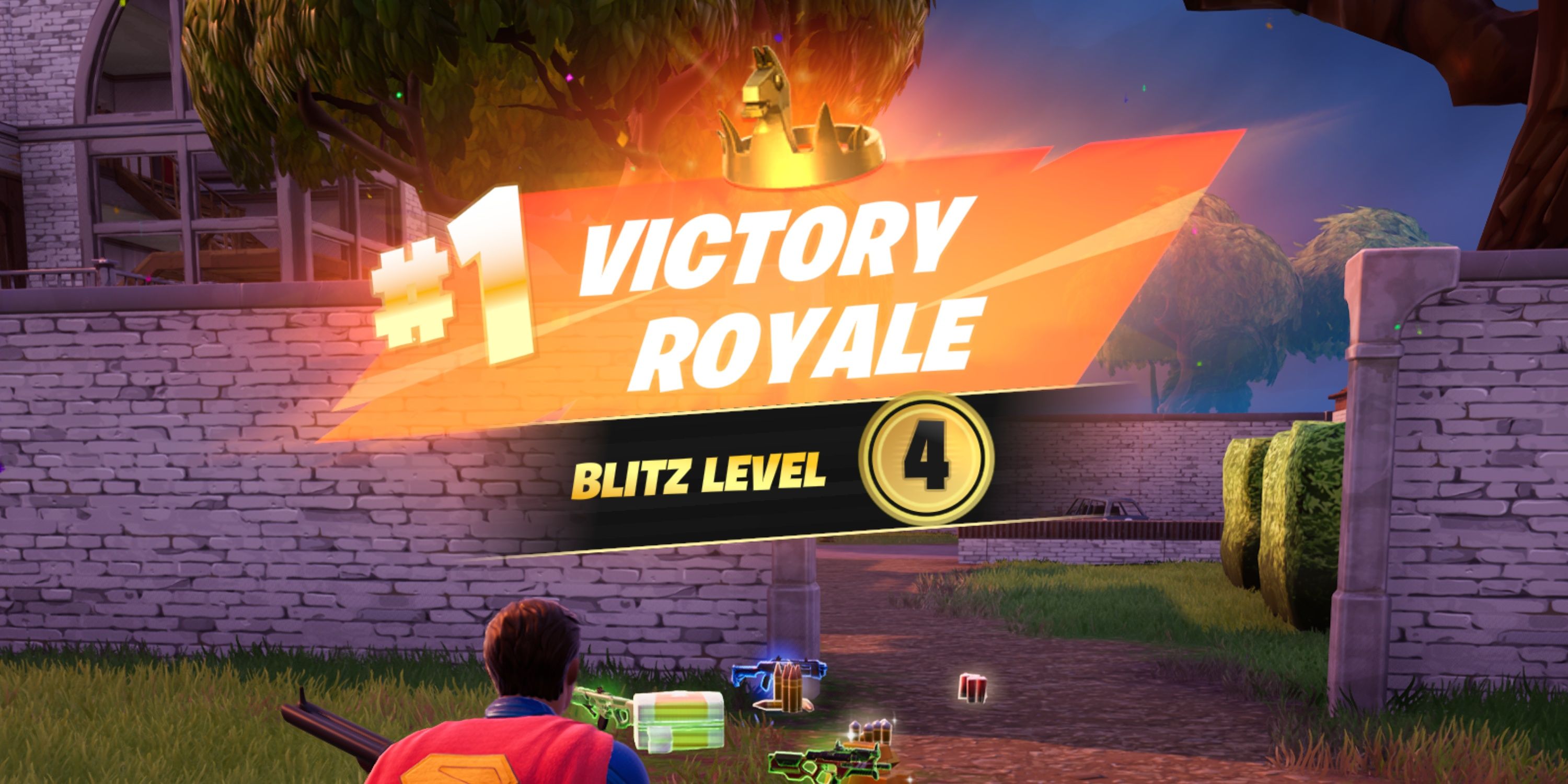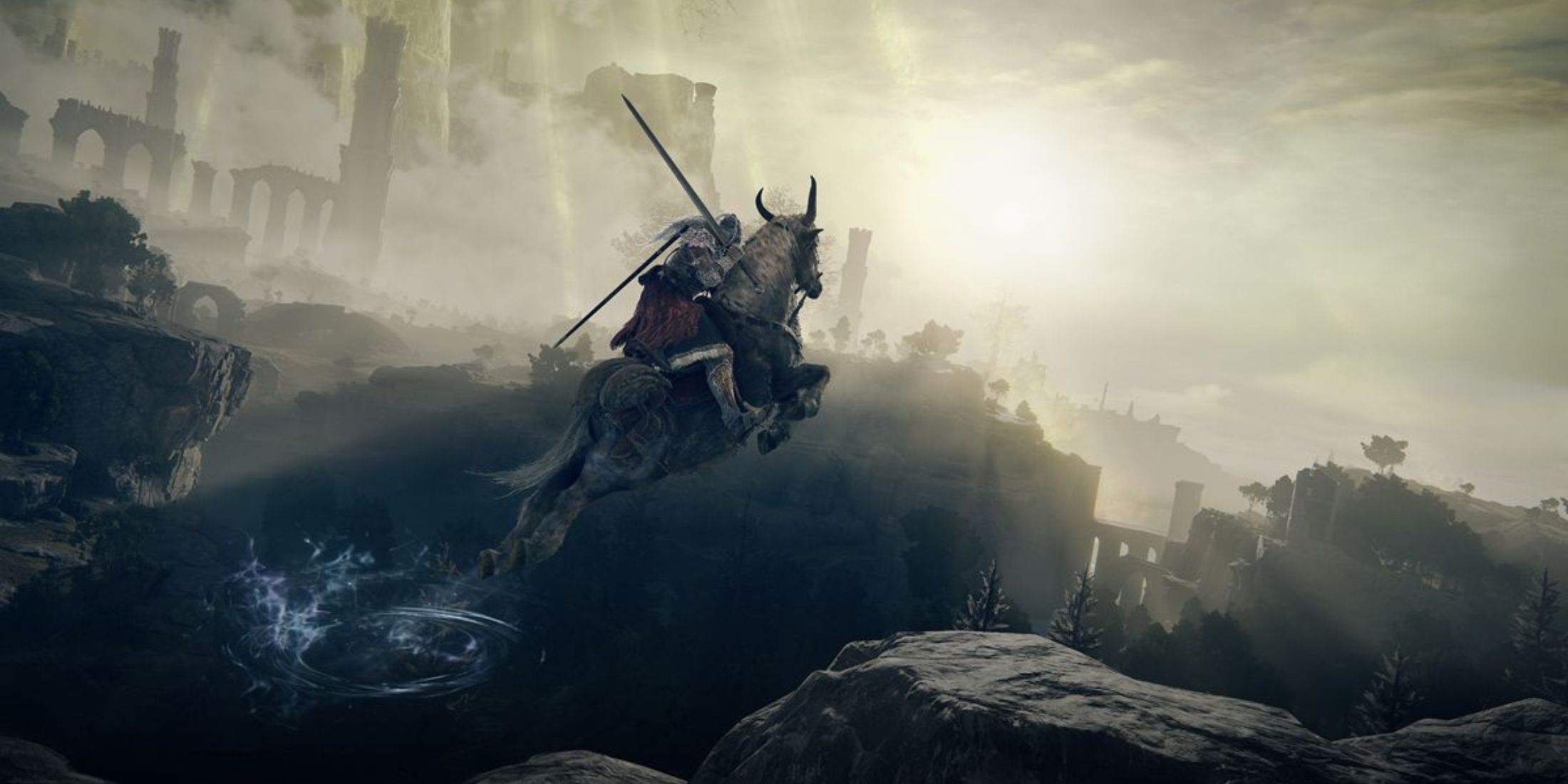Summary
- Avoid burnout by taking breaks or trying new strategies, keeping enjoyment levels high.
- Don’t over-optimize gameplay; enjoy without overthinking every detail.
- Stick with games longer; give them a chance before jumping to conclusions based on initial impressions.
A common problem that many players are experiencing now more than ever is a loss of passion for a hobby that they previously loved so dearly. Players who used to sit down for hours on end playing through all manner of games now struggle to even stay invested for more than an hour. But the reasons for this go much deeper than being bored with games.
Sometimes, there are simple fixes that can reignite the fire and allow the player to regain some, if not all, of their desire to game just as hard as they used to. From changes in perspective to adjustments in how players approach a new game, with just a few mindset changes, players can once again take on dragons and shoot hordes of undead with as much enjoyment as before.
Burnout
Too Much Of Anything Can Be Bad
Perhaps the biggest culprit of lack of enjoyment from games is burnout. If someone spends hours doing the same thing over and over, especially in a short period of time, it is natural to have a slightly lower level of enjoyment. The initial excitement is gone, and all the learning is replaced with grinding and repetition that can get dull.
A great way out of this rut is to reduce one’s amount of game time slightly, or to take a short break to let the brain reset and be ready to take on the challenge again. Alternatively, if the game has different classes, decks, characters, or builds, it might be worth trying something different from what the player is used to. This allows players to still enjoy the game they love with a different set of eyes.
Over-Optimizing
Shortcuts That Suck The Fun Out Of The Game
When a player engages with a game for an extended period, they often get so good and are so well-versed with the systems that they begin to optimize and break down every minute detail. This turns complex mechanics into automated systems and hard moves into second nature.
Once players reach this point, there is very little else to learn or do. They are simply left with a cycle of replaying the same “best strategy” until the end of time. Sometimes, it can be nice to casually enjoy a game without thinking too much about how to streamline everything. While it can be fun to figure out those shortcuts, it should be done in moderation.
Giving Up Too Soon
Just Before It Gets Good
A recent trend among players of all kinds is the discussion around starting and struggling to continue with new games. Many players say that they pick up a game for an hour or two and quickly drop it, due to not being invested right away. While this is fine if the game is genuinely not to the player’s taste, there are many great titles that players will miss out on if they don’t stick around.
Imagine watching a movie for 10 minutes and then turning it off because there wasn’t an immediate payoff. Some of the best games ever made have compelling stories that take several hours to unfold, or systems that require a lot of learning to understand and master. For players struggling to get over that first hurdle, the best thing to do is to stick with one game for longer, until it either gets better or is genuinely not enjoyable enough.
Over-Comparing
Not Every Game Can Be Your First Love
A problem that has arisen over the last few years, largely due to the sheer number of games being released, is the comparisons that players draw to similar titles, which makes it hard to enjoy games as standalone experiences. Soulslikes have fallen victim to this a lot recently, as with every new title launched, there will always be comments like “it’s not as good as Elden Ring.“
While it can be easy to draw comparisons between games in the same genre, sometimes it’s best to let the gameplay and narratives speak for themselves. Although it might be hard for a game to overtake a fan-favorite or a genre-defining title, it doesn’t mean they should be criticized or avoided just because they are not perfect.
Sticking To One Kind Of Game
Variety Is The Spice Of Life
Players, no matter what era, age, or kind, will always have a favorite or preferred genre or style of game. It doesn’t matter if it’s a strategy, shooter, deckbuilder, or something in between. That preference will lead players to play lots of games within that space, often leading to them beating the vast majority of noteworthy titles or even bleeding the entire genre dry.
While there will always be new or older titles that players are yet to experience, it can be a good idea to look further afield. There might be a hidden gem waiting just outside of the player’s usual interests. Some genres also have plenty of crossovers, like hack-n-slashes and soulslikes, and RTS games and turn-based RPGs. Expanding horizons can be a great way of discovering a newfound passion.
Basing Opinions On Review Scores
Sometimes, A 7/10 Can Be Great
In the modern day, reviews and scores for video games hold more weight than ever. Players have far more information at hand regarding what others are saying about a game, whether new or old. They themselves can even leave reviews on platforms like Steam to help other players make informed decisions about their next purchase.
The problem arises when players make a decision about whether they want to play a game, solely based on whether the game is a 10/10 or has overwhelmingly positive reviews. Doing this removes 99% of all games, many of which can give players just as much enjoyment as the GOATS. It can be a good idea to do a bit more digging rather than switching off the second the score drops below a certain amount.
Playing For The Sake Of Winning
Victory Isn’t Everything
Video games, especially multiplayer ones, will almost always have goals and wins in mind. Victories can take the form of successfully beating the enemy team or just completing the campaign. It is good to have a focus like winning, especially in competitive multiplayer games, but it can suck some of the enjoyment out of the experience, especially when the player trades fun for a rating.
This idea extends to single-player games, where some players play through games with the sole intention of just beating them, rather than enjoying the journey itself. A way around this is to slow down and think less about the end goal and more about how to make every moment more fun. This can be through trying new characters in a PvP game, or messing around in a single-player world. For the most part, the conclusion can actually be a sad moment that marks the end of that fun, rather than the entire reason for playing.
Setting Ridiculous Expectations
Be Pleasantly Surprised
Something that has been seriously hurting both how games are reviewed but also how players engage with them is the ludicrous expectations that are being placed on new releases. A trailer will drop for a sequel or a new IP from a known developer, and many players expect a level of quality that no human could ever aspire to reach. This leads many fans to be disappointed when the game finally launches.
Expectations should be high, but still realistic. Excitement can still drive a player to pick up a game without it placing huge requirements on how good the game should be. Sometimes, going into a game completely blind or with no prior assumptions about how good it is, can actually make the whole experience more enjoyable. It gives the player a much more authentic first playthrough than if they had set extremely high bars to clear.

